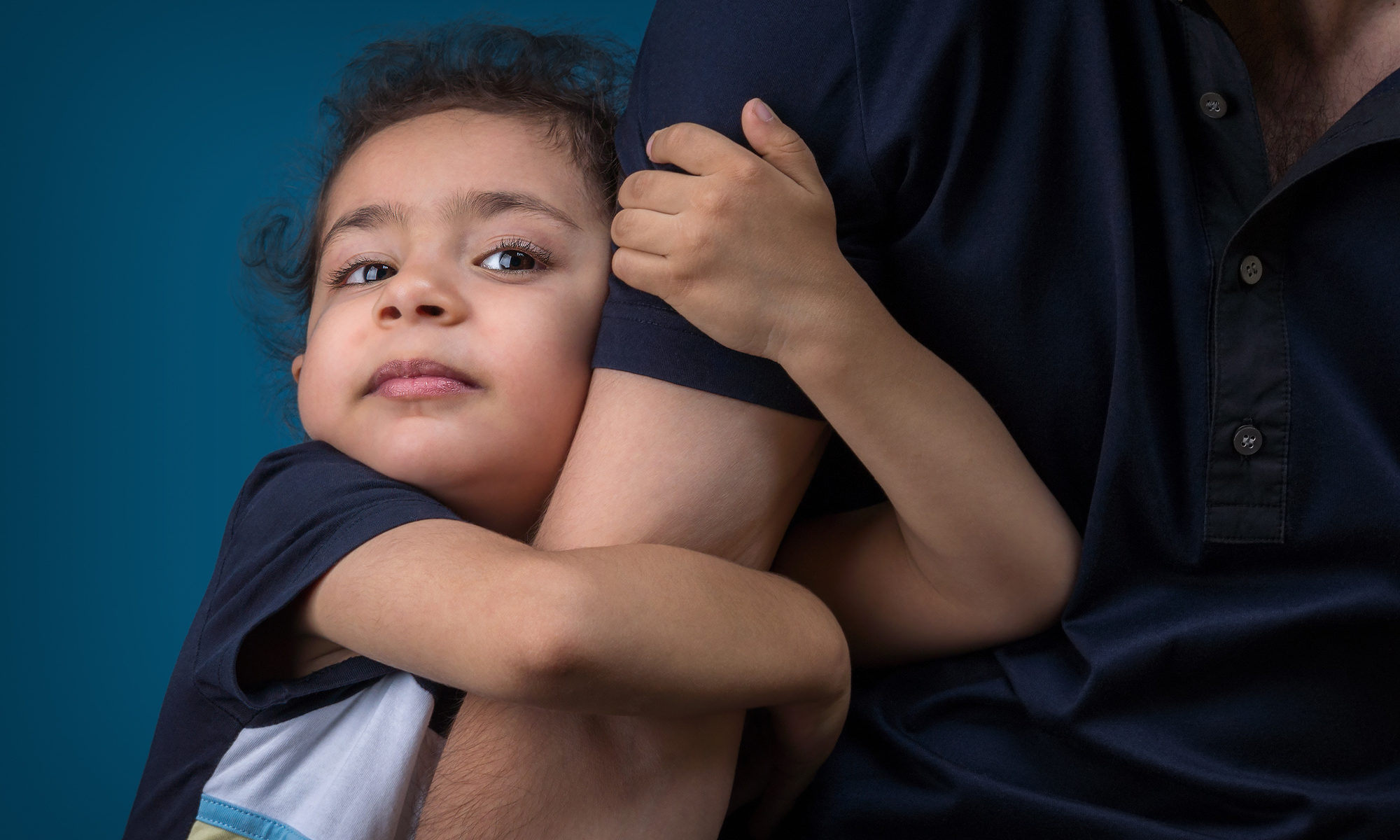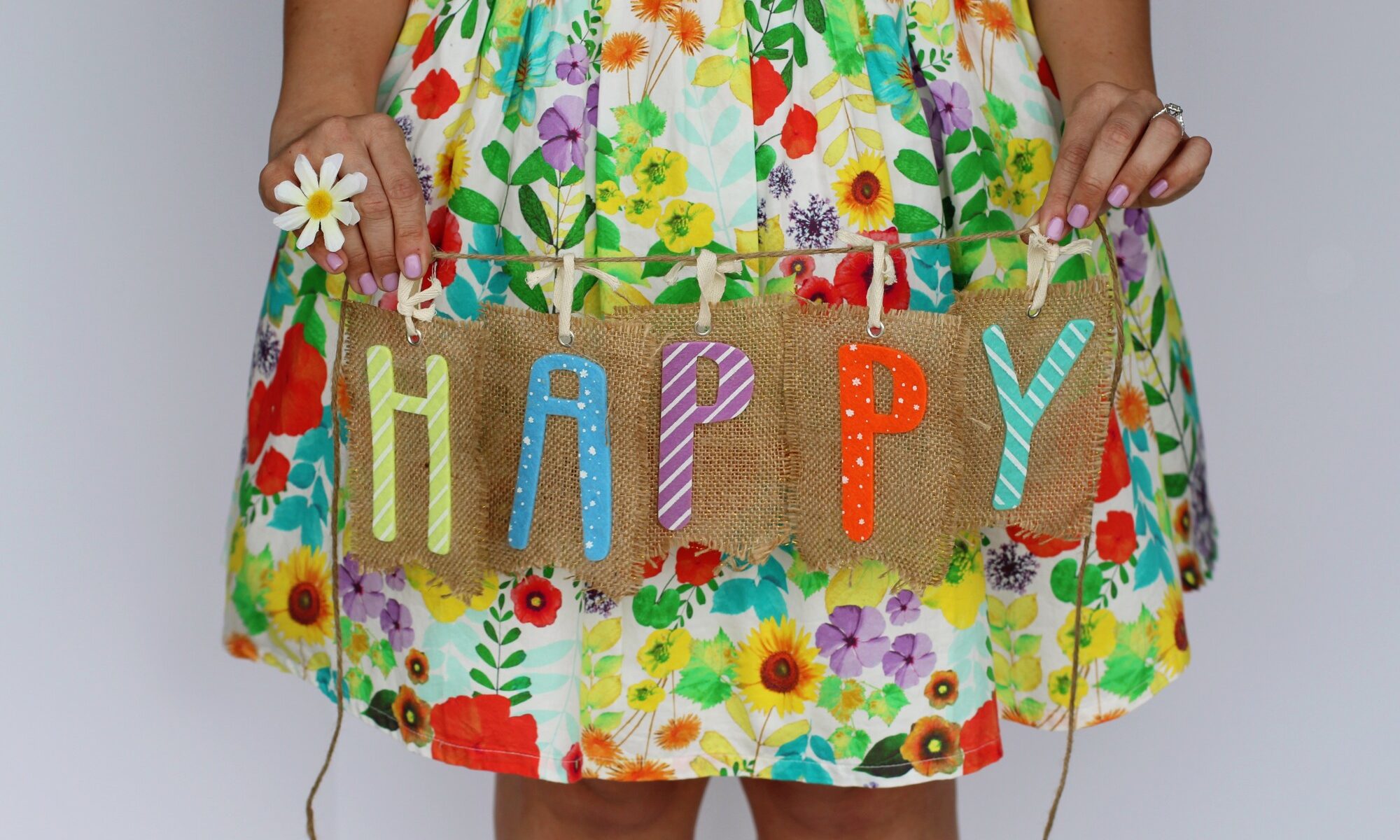Divorce is without question challenging. Throw children into the mix, and a new series of challenges arise. It’s no secret that the average divorce rate in America is 42.6%.
For both parties, it’s best when parents divorce if matters can be handled with dignity and respect. If you are experiencing the unchartered territory of divorcing with kids, continue reading for the best strategies.
Respect Respect Respect
Respect is key. You and your ex may be navigating a nasty divorce. Tensions may arise, and tempers may flare. Children represent the best parts of you and your soon-to-be ex-spouse.
It is essential to understand that children are the innocent bystanders of divorce. A once-happy household suddenly split into two parts can be a huge adjustment for any child. Experiencing the anguish that comes as a result of separated parents or divorced parents can be life-altering.
Regardless of any bitter feelings you may have, respecting your former partner will set a positive example for your child or children. Kids need to feel a sense of unity, even if parents are no longer together.
If you are a single mom or single dad, remember that life will move forward. Adjustments may be uncomfortable at first, but things will improve.
Your child will feel more secure about the transitioning process if both parents are united and show respect for each other. If you are in stepmom or stepfather, you can show support by speaking positively around your child.
Tips for Handling a Divorce
Honesty is the best policy. Be honest with your child or children. Most importantly, make it clear that divorce is only between adults. You may have to remind your child several times that they are not responsible for the divorce.
Depending on the age of your child will depend on how you break the news. Small children may not be old enough to understand what is transpiring entirely. Your toddler might be clingier than usual.
You may find your teenager transform into an angry monster right before your eyes. All of these behaviors are perfectly normal.
Talk with your ex-spouse find ways to maintain unity if possible. It may take time and lots of practice but ensuring that you can communicate effectively will make a difference.
Understanding Your Child’s Perspective on Parents Divorce
Take a moment to put yourself in your child’s position.
Your child undeniably loves you and your former spouse very much. Try to gain insight into what your child might be feeling. Harness these feelings. Use them as momentum to be the parent your child needs you to be.
Divorce is a difficult time for everyone involved. Once the smoke clears and routines are established, you may find a sense of relief. Maintaining an understanding of what your child is going through will encourage you to persevere moving forward.
Learn how to communicate with your former partner. You both want what’s best for your child or children. Removing any tension and negative emotions will allow you both to work together proactively.
Positivity and Empowerment
A positive mindset will not only serve you well but your child also. Positivity is contagious. Learning to laugh during difficult times will make life oh so sweet during times of harmony.
Try to keep things as amicable as possible with your ex. Agree to keep kids out of your divorce to avoid any hard feelings.
Enjoy spending quality time with your child. It would be best if you didn’t burden your child with the emotional toll of a pending divorce. Avoid discussing your ex or asking overly personal questions that could make your child uncomfortable.
Learn the power of positive affirmations. Practicing daily positive affirmations can transform your mindset.
Seek Help if You Need It
A neutral third party can offer guidance when you need it the most.
If you recognize that you are having difficulty navigating through a painful divorce, professional guidance can help. You should never feel ashamed asking for help.
Every individual is unique, handling challenges differently. The most important thing to remember is to do what you must to protect your child or children.
A trusted third party can give you the freedom to vent and healthily deal with your emotions. This support system will help you avoid unintentionally placing your child in the middle.
Divorcing With Kids
It is essential to be as transparent as possible with your kids during divorce. Remember to address sensitive topics in an age-appropriate manner that your child can understand.
After all, divorce not only impacts you but any children you may have. Share important details about where each parent will live, be clear about who your kids will live with primarily.
Be clear about plans for school, extracurricular activities, and continuing friendships. Providing your child with as much stability as possible during this time is essential.
Be a Positive Role Model
Let’s face it. No one plans on getting divorced.
From the moment you and your spouse say “I do,” you likely never imagined ending up in such a predicament.
You and your spouse must agree to disagree. You may not see eye to eye on everything, and that’s ok. However, putting on a positive front for your children is a must.
If at all possible, try to keep the screaming matches and arguing away from the children. Rising tensions can have negative consequences on your child later in life.
You and your spouse must tell your child together about the impending divorce. Details of why the divorce is happening are not necessary. Your children do not need to know about any of the issues in your marriage.
Resources Are Available
A family counselor can be a tremendous asset. Be sure to schedule appointments with and without your children. Counseling sessions will help your family to prepare for the journey ahead during the transitioning process.
If seeking a family counselor is unattainable, consider speaking with your minister. If you don’t belong to a church, reach out to someone you admire and look up to for advice.
In addition to professional help, fantastic resources are available to help you cope. 2houses has a plethora of valuable information. Topics such as co-parenting, communication, health, and more.
A suite of tools is available on 2houses for a low monthly cost to assist you in staying organized.
Embrace the Power of Calm
Learn to embrace the power of calm. Divorce is a challenging time. You may face times of uncertainty and self-doubt.
You may experience feelings of hurt towards the other spouse.
These emotions are normal and expected. However, refrain from acting on your feelings. Threatening to keep your child from your partner due to anger and pain will surely backfire.
Your spouse may feel the need to retaliate or exhibit feelings of anger and hate. This vicious cycle will continue that eventually could lead to family ruin. Your child or children will be the one that ultimately suffers.
Learn to embrace your emotions even during times of discord. Your divorce doesn’t have to be this life-shattering event that dictates your future. Consider divorce an opportunity to rediscover yourself and solely focus on your children.
Develop a Kids First Parenting Plan
A kid’s first parenting plan can be a tremendous asset during a divorce. The purpose of a parenting plan is to ensure that the best interest of your child is met. The first step in creating a solid parenting plan is understanding your child’s best interest.
Your child should be the main focus of the parenting plan. You should take into consideration your child’s interests, friends, hobbies, and school. Each of these factors is crucial to your child’s mental and physical development.
Communicate with the other spouse to create a workable schedule. It is essential to be realistic.
Discuss how much time each parent is available to spend quality time with their child. Be sure to consider your needs and what will flow best with your schedule. It is essential to consider which parent lives closest to your child’s school.
Be practical when determining which parent can take your child to and from school. Holidays are another sensitive topic to put in your kid’s first parenting plan. Compromise while considering what is best for your child or children.
Try to be as sensible and practical as possible when developing your kid’s first parenting plan. Always keep in mind that your child comes first.
Maintain Boundaries
To protect your children from divorce, boundaries are critical.
If you have anything you wish to communicate with your ex-spouse, be clear and direct. Avoid relaying messages to the other parent through your child. This could be disastrous, causing your child to feel caught in the middle.
Be sure to give your child plenty of space. Divorce is a sensitive matter, and your child will likely have emotions to work through. Keep things as civil as possible between you and your spouse.
Consistency is key. Make an effort to be as consistent as possible in your co-parenting efforts. Healthy boundaries with your child include, avoid sharing too much information.
Turn Your Home Into a Safe Haven
Divorce is a difficult time for all members of a family. Your home should become a place of sanctuary for your child. You would never want your child to feel unwelcome due to tension with your spouse.
Greet your child or children with enthusiasm and excitement when they come for a visit.
Show interest in school activities and be a shoulder to lean on. The idea is for the divorce transition to be as smooth as possible. Your child or children will appreciate your efforts.
If your child feels safe and loved, regardless of your decision to separate, this will make a world of difference going forward.
Don’t Make Your Kids Choose
Speak positively about your spouse, regardless of how you may feel. Adult problems are just that, adult problems.
Your children are likely not old enough to fully understand the divorce process. Allow your children the ability to stay neutral during this time and encourage them to do so.
It is in your child’s best interest to have a healthy relationship with both parents.
Provide Reassurance and Support
This transformative period will be one of difficulty but also a great opportunity for your family.
As your children navigate their new normal, provide plenty of reassurance and support. You may think you know what your child is thinking and feeling but you may also be surprised.
Your children may say that they are simply ok, as the world changes around them. Be sure to set aside time to talk with them when you have the opportunity. Checking in with your children is very important.
You want to reassure them that your impending divorce is not a direct reflection of anything that they have done wrong. Divorce is confusing for kids, the details can be sticky and overwhelming. This can be a lot for children, even teens, to process.
Stay Involved. No matter what, reassure your child that you wish to be involved.
Let 2houses Help You
When parents divorce, 2houses is proud to offer a suite of tools to allow a smooth co-parenting partnership. This sophisticated interface allows for optimized communication regarding your child.
Your child deserves the best from both parents, after their parent’s divorce.
A 14-day trial is available to try 2houses services and improve your family life. Unique features such as messages, calendar, info-bank, journal, and more can help set you up for co-parenting success. Contact 2houses today for more information on subscription services and pricing.










